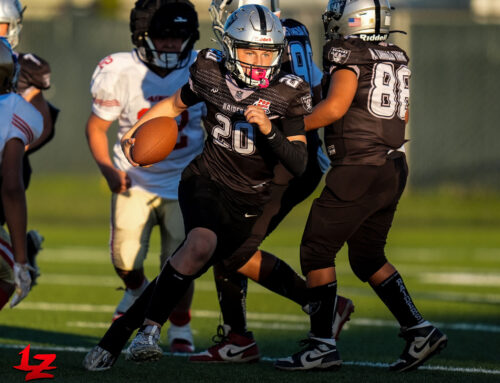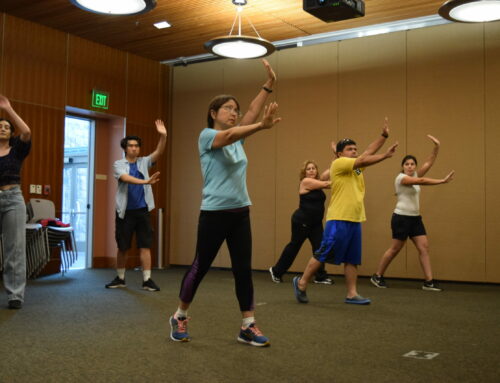These skills will prevent frustration and guide training of your dog
Published in the Oct. 29 – Nov. 11, 2014 issue of Morgan Hill Life
Jeanne Haggerty-Arcay
Although we as veterinarians give advice to new dog owners on a daily basis, I write this piece from a personal rather than professional level. Being immersed in life as a new puppy owner has given me a fresh perspective on puppies, their role in our family lives and what it takes to create healthy relationships.
Most dogs are considered a part of the family. They require daily care, attention and discipline in order to maintain harmony in the household. As with any other member of the family, there are certain “life skills” that every dog should possess.
As parents, we teach our children life skills and this should be no different for our dogs. These skills will prevent frustration and guide the training of your dog.
Potty Training: Potty training children is considered a must. However, you might be surprised how many dog owners tolerate dogs urinating and defecating in the house. Although some medical conditions may make potty training very difficult to maintain, for the far majority of dogs this is a basic life skill. Teach your puppy where to potty. Don’t underestimate a dog’s ability to be potty trained at a very early age. It requires diligence but your efforts will be well spent. Families that deal with frequent accidents become very frustrated, often leading to tension between family members and resentment of the dog.
Socialization: Early socialization of your dog is crucial. The ease of socialization is very dependent on personality. Although we see some dogs, primarily rescue and shelter dogs, who never become adequately socialized despite extraordinary efforts, this is the exception rather than the rule. You should be able to take your dog in public without him/her trying to attack other dogs, barking incessantly or trying to bite people. Imagine a child that never learns to play with other children or listen to other adult figures? Don’t consider socialization an option. Not only does it limit your ability to fully enjoy your dog, but it can also be a financial liability.
Obedience: Every dog should know some basic obedience commands — come, sit, down, and stay. Your dog should also be able to walk on a leash without dislocating your shoulder. A dog that pulls excessively not only risks physical damage to you but also to themselves. Using a harness to prevent damage to the throat is often a bandage for a behavioral problem. If you are not experienced in training, seek out a professional trainer. Your dog cannot be expected to learn from you if you are not trained in the subject.
Other Skills: Sit down as a family and determine the rules of the house. It may be no dogs on the bed, no dogs on the couch, no begging for food, barking at the door, no dogs upstairs. Whatever the rules, make sure that every family member knows the rules and reinforces them consistently. Your dog should also tolerate baths, nail trims and ear cleaning.
Although the most important job of the family dog is companionship, teaching them “life skills” will enhance their family role and lead to a more positive relationship. Teach the rules early, be consistent and be persistent.
Dr. Jeanne Haggerty-Arcay received her undergraduate degrees in biology, biochemistry and Spanish from the College of Notre Dame, Belmont. She graduated from U.C. Davis School of Veterinary Medicine. Outside of work, she enjoys spending time with her husband and three young children, running, cycling and plans to return to her equestrian pastime in the near future.







